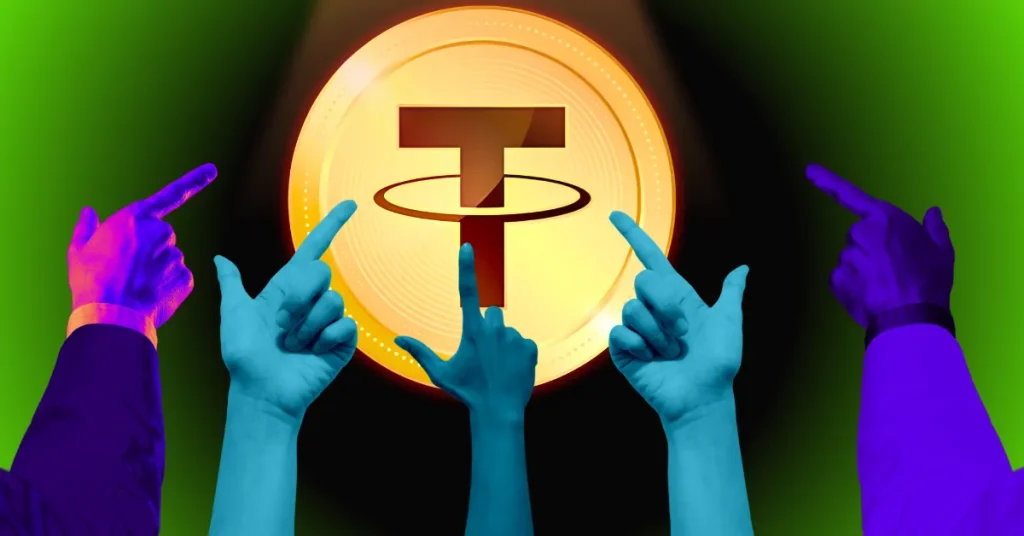
JPMorgan Chase & Co., the largest US bank, reaffirmed what everyone already knew. In other words, AI (artificial intelligence) is the top trend in 2023.
In a survey of 835 institutional investors, about 53% cited “AI and machine learning” as the technology with the greatest potential to transform finance over the next three years. Blockchain, the technology that underpins Web3, came in third place, falling one place from last year, when the bank’s annual report “The e-Trading Edit” put AI and cryptocurrency in second place.
AI is already having an impact on the market. As reported by BARRON’S, a media specializing in financial information, stock prices of AI-related stocks are rising at a pace similar to that of crypto assets. Of course, it also affects crypto assets.
According to CryptoSlate, which provides an index of 73 AI tokens, the current market capitalization of 73 AI tokens is approximately $4.63 billion (approximately ¥1.31 trillion). It has increased by 87% in the last seven days alone, with some AI tokens rising over 100%.
Microsoft Leads, Google Follows
This movement was triggered by OpenAI’s announcement of ChatGPT. ChatGPT writes smart contracts, composes poetry, and threatens Google’s monopoly in search. Microsoft invested $10 billion in OpenAI last month.
But beyond Google’s rush to take action against OpenAI, no concrete challenges are in sight.
On the 8th, Google unveiled ChatGPT’s rival AI “Bard” in a live broadcast from Paris. But Bard’s response to a demo about the James Webb Space Telescope (JWST) was pointed out as a mistake, and parent company Alphabet’s stock price plummeted.
Bard is expected to roll out to Google services in the coming weeks, presumably in Google Maps, search and other services that many people use. The AI threat has reportedly pushed Google co-founders Larry Page and Sergey Brin, who retired from management a few years ago, back to the forefront.
While there are still challenges to overcome, AI will undoubtedly usher in a new era of innovation.
AI × crypto assets
Opportunities are clear in crypto as well. Alethea, an image generation AI, issues tokens as an incentive to users in exchange for image generation. Fetch.ai supports distributed and autonomous software development and is expected to be applied to IoT. Artificial Liquid Intelligence records AI assets on the blockchain.
These platforms may one day produce cheaper, privacy-friendly AI platforms, allowing AI-generated wealth to be shared rather than monopolized by Microsoft or Google.
But the rise of AI tokens is a reminder that the primary purpose of crypto assets is speculation. “There is a risk that this whole ‘new trend’ will end up as an empty hype, as there are many speculators trying to take advantage of short-term price increases,” said financial market consultant Valentina Drofa. .
In the future, AI tokens will need their own real-world examples.
|Translation: coindesk JAPAN
|Editing: Takayuki Masuda
| Image: CoinDesk TV
|Original: Crypto AI Needs a Showcase to Know What’s Real
The post AI token rises, but we need real examples[Opinion]| coindesk JAPAN | Coindesk Japan appeared first on Our Bitcoin News.

 2 years ago
146
2 years ago
146














 English (US) ·
English (US) ·